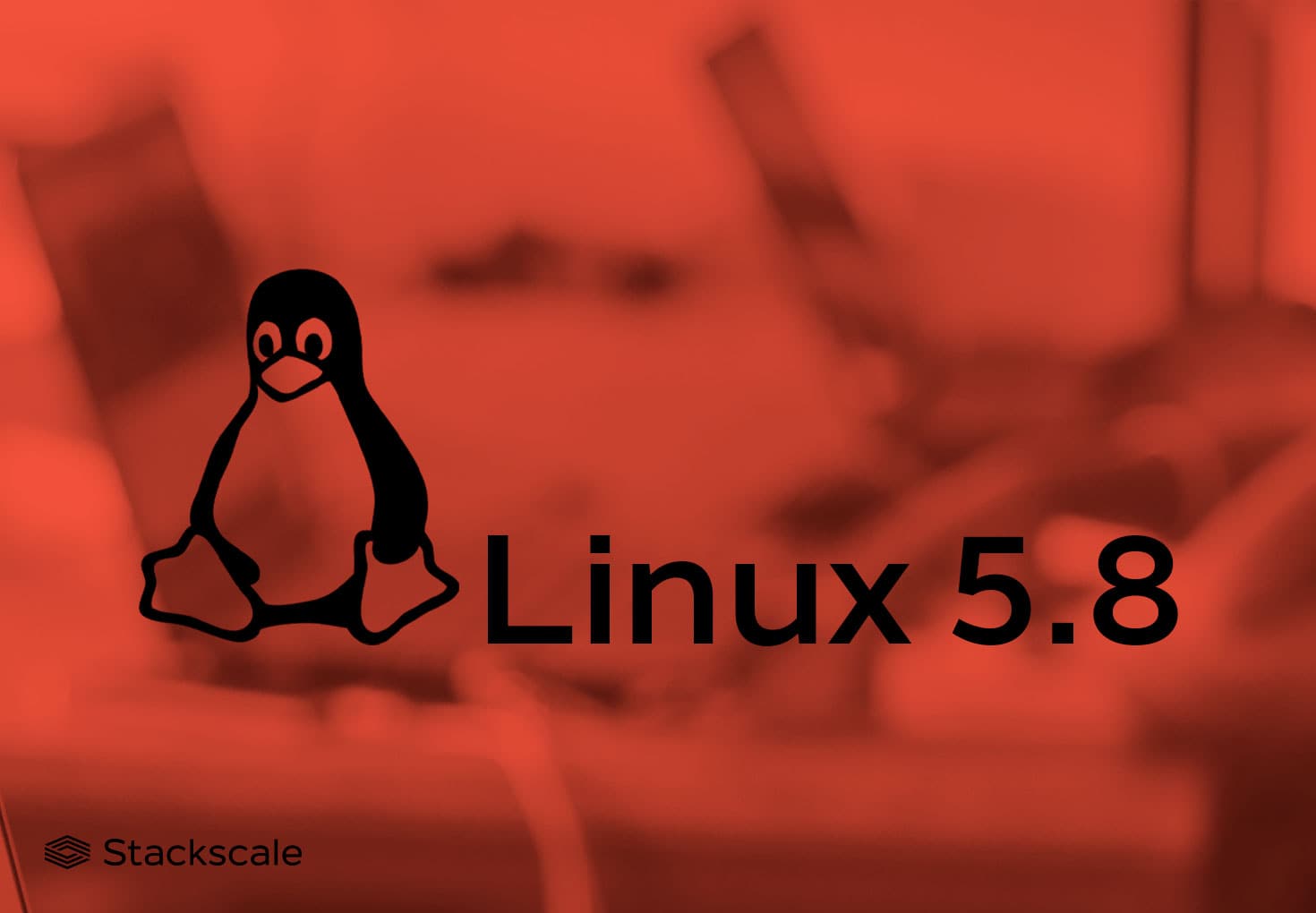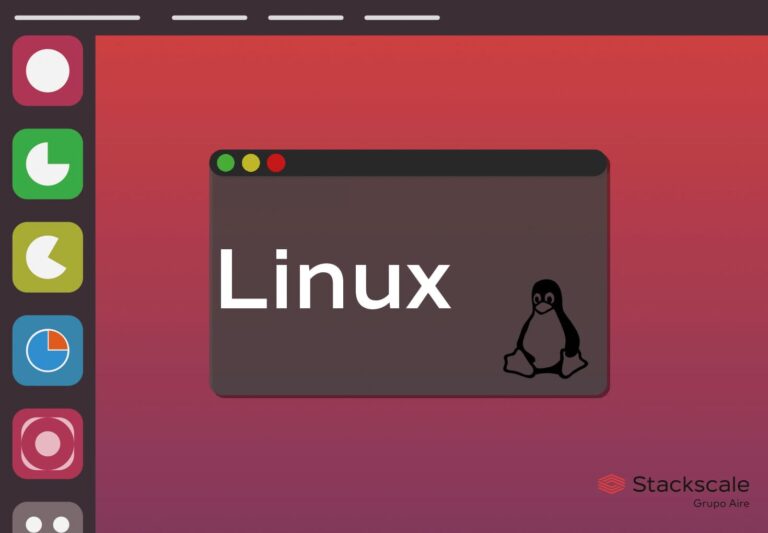At the beginning of August 2020, Linus Torvalds announced the release of the Linux Kernel 5.8. This latest Linux kernel version replaces the previous stable version, Linux 5.7.
Months ago, Linus Torvalds described this new version of the kernel as one of the biggest releases of all time. Linux 5.8 introduces many improvements, such as power management, driver updates, security enhancements, hardware support, processor improvements and performance optimizations. It also includes new kernel infrastructure like the cable testing infrastructure in the network code.
This kernel version has many chances to be the one in the next Ubuntu stable release, Groovy Gorilla, in October 2020. It will also get back-ported to Ubuntu 20.04 LTS.
As Linus Torvalds mentioned in an email about Linux 5.8-rc1 in June 2020, “5.8-rc1 is ‘up there with the best’ when it comes to both number of commits and number of new lines and it’s the outstanding champion when it comes to the number of files changed.” According to Linus Torvalds, about 20% of the files in the kernel source repository have been modified.
“[…] 5.8 is up there with the best, despite not really having any single thing that stands out. Yes, there’s a couple of big driver changes (habanalabs and atomisp) that are certainly part of it, but it’s not nearly as one-sided as some of the other historical big releases have been.”
—Linus Torvalds
Linux 5.8: some new features and improvements
- Thunderbolt support for non-x86 systems, as well as for Intel Tiger Lake.
- Merge of the AMD energy driver for Zen and Zen 2 energy sensors.
- Improved support for Radeon drivers.
- Improvements for dealing with critical thermal faults in AMD GPUs, preventing damage to the Graphics Card by shutting the GPU down if it goes above the safe temperature limit.
- AMD GPU Trusted Memory Zone (TMZ) support.
- Open source support for Qualcomm’s Adreno GPUs (405, 640 and 650).
- Spectre mitigation fixes.
- Support for the upcoming POWER10 processor.
- Support for new boards (SoCs).
- SELinux optimizations.
- Kernel Concurrency Sanitizer (KCSAN).
- File system improvements for Ext4, XFS and CIFS.
The Linux kernel
Conceived in 1991 by Linus Torvalds, the Linux kernel is a monolithic, Unix-like operating system kernel; free and open source. The Linux OS family is based on this kernel, which dominates almost every segment of computing, from mobile devices to mainframes, and even the world’s most powerful supercomputers.





